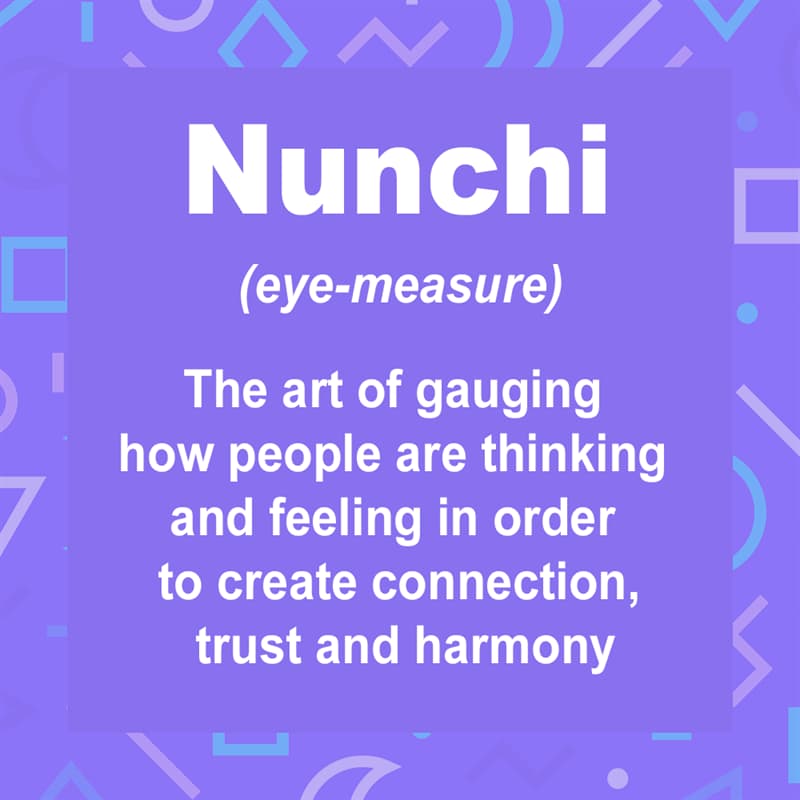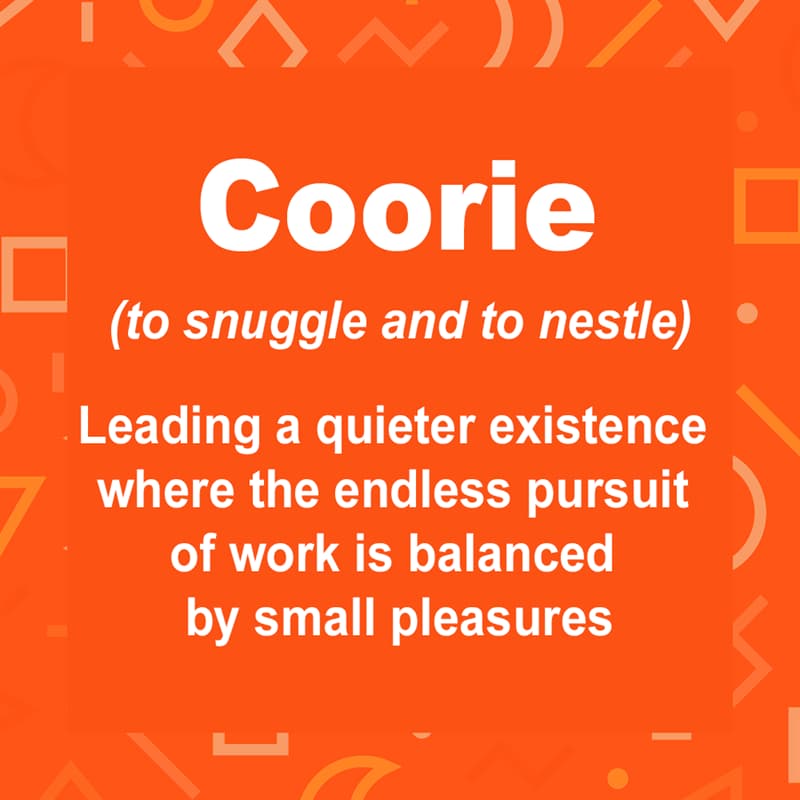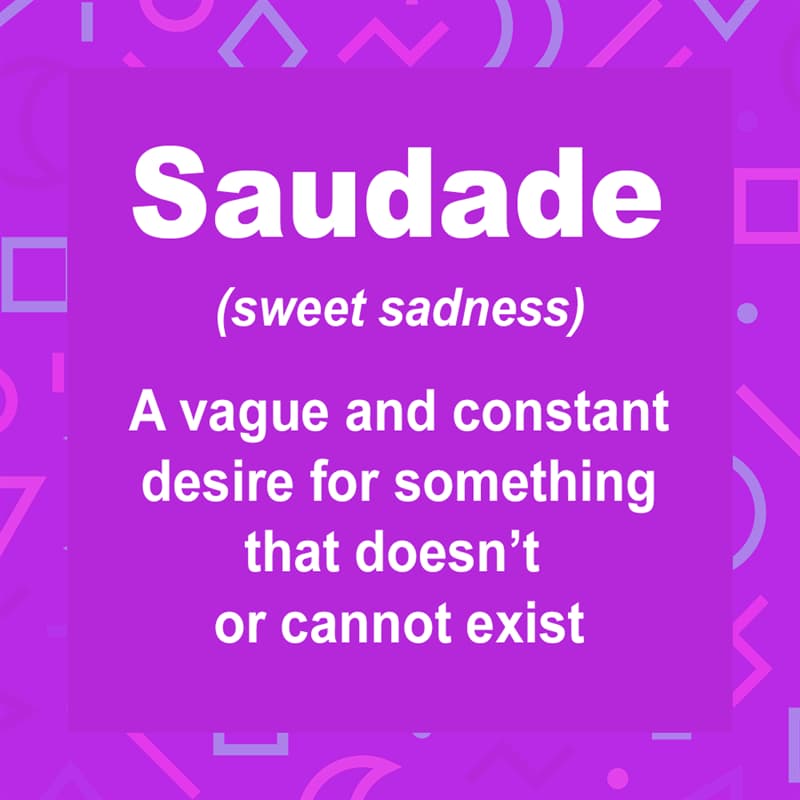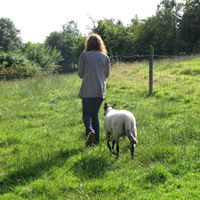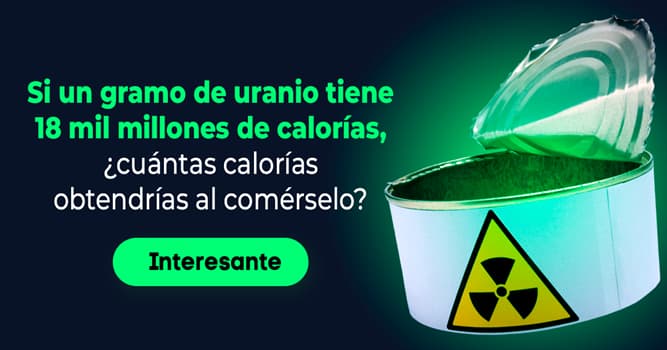Untranslatable words that explain it all

There are a lot of words in the world that can explain different phenomena we face every day. If you want to know how to call these phenomena, keep on reading the article.
It’s not always possible to understand the behavior of a person of a different nationality. QuizzClub has collected special words that can explain it all. These words are placed on beautiful cards. You can easily send them to your friends and share new knowledge with them.
If you are interested in other languages and lexical games, check out these QuizzClub’s tests:
- Can You Correctly Name The Origin Of 10 Common Words?
- Only People With High IQ Know The Meaning Of These Crazy Long Words!
- Can YOU guess what these rare British nature words mean
SHARE this article with your friends!
#Culture #Personality #funny #language #knowledge #inspiration
Interesting Facts
Si un gramo de uranio tiene 18 mil millones de calorías, ¿cuántas calorías obtendrías al comérselo?
4/19/2021
No recibirías calorías del uranio, porque tu cuerpo no es un reactor de fisión.
¿Podemos ver luz polarizada los seres humanos?
6/14/2021
Pincel de Haidinger
¿Por qué nos da sueño en el dia?
6/16/2021
Los estudios en "free-running" consistentes en aislar a individuos de estímulos externos para conocer el carácter periódico de los ritmos biológicos han demostrado ya hace décadas que de forma natural:
¿Cómo va ser el mundo en el 2100?
4/21/2021
Principalmente la población mundial alcanzaría los 11200 millones.
¿Qué hecho interesante tienes acerca de un idioma?
5/16/2021
"Buffalo buffalo Buffalo buffalo buffalo buffalo Buffalo buffalo"
